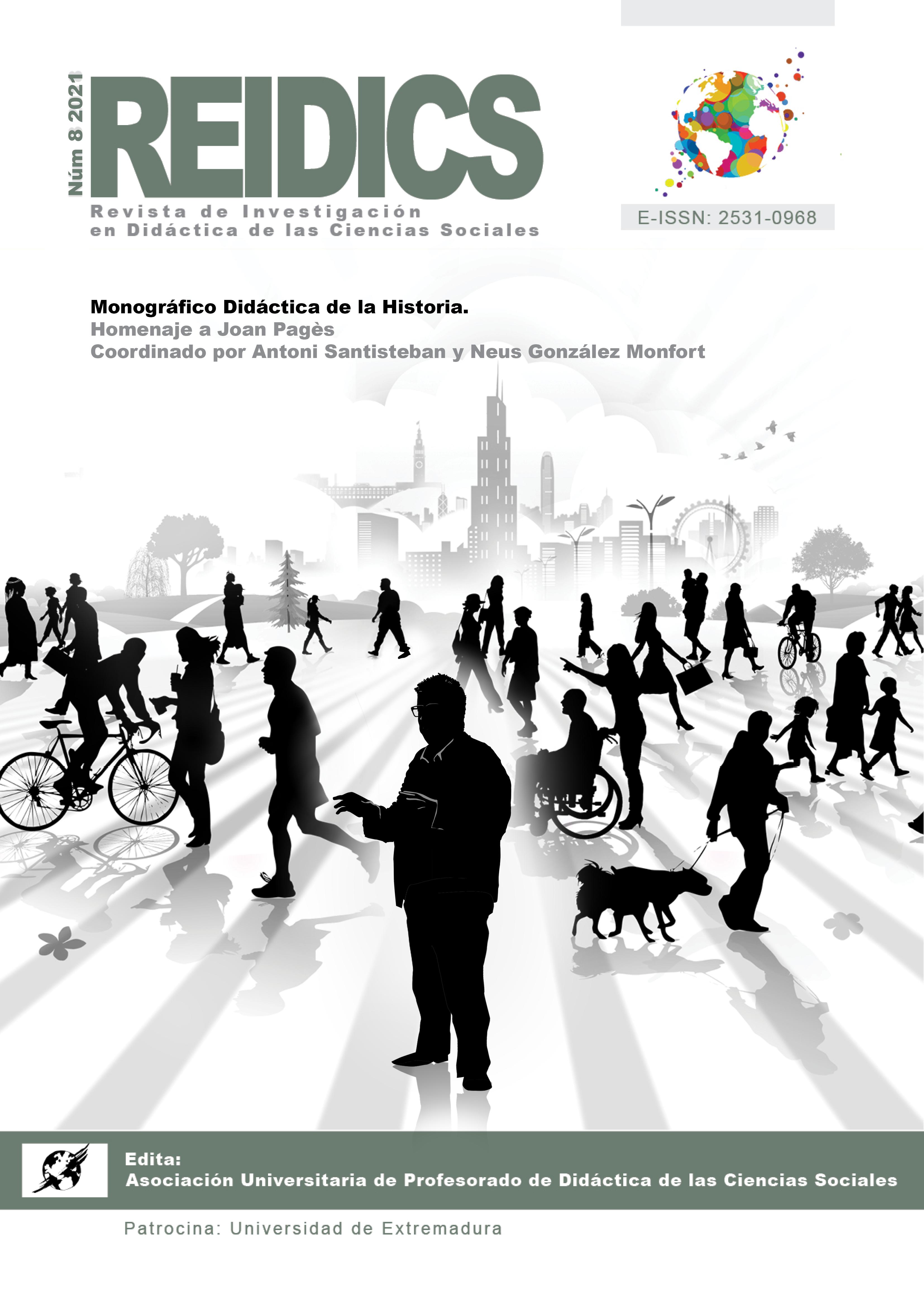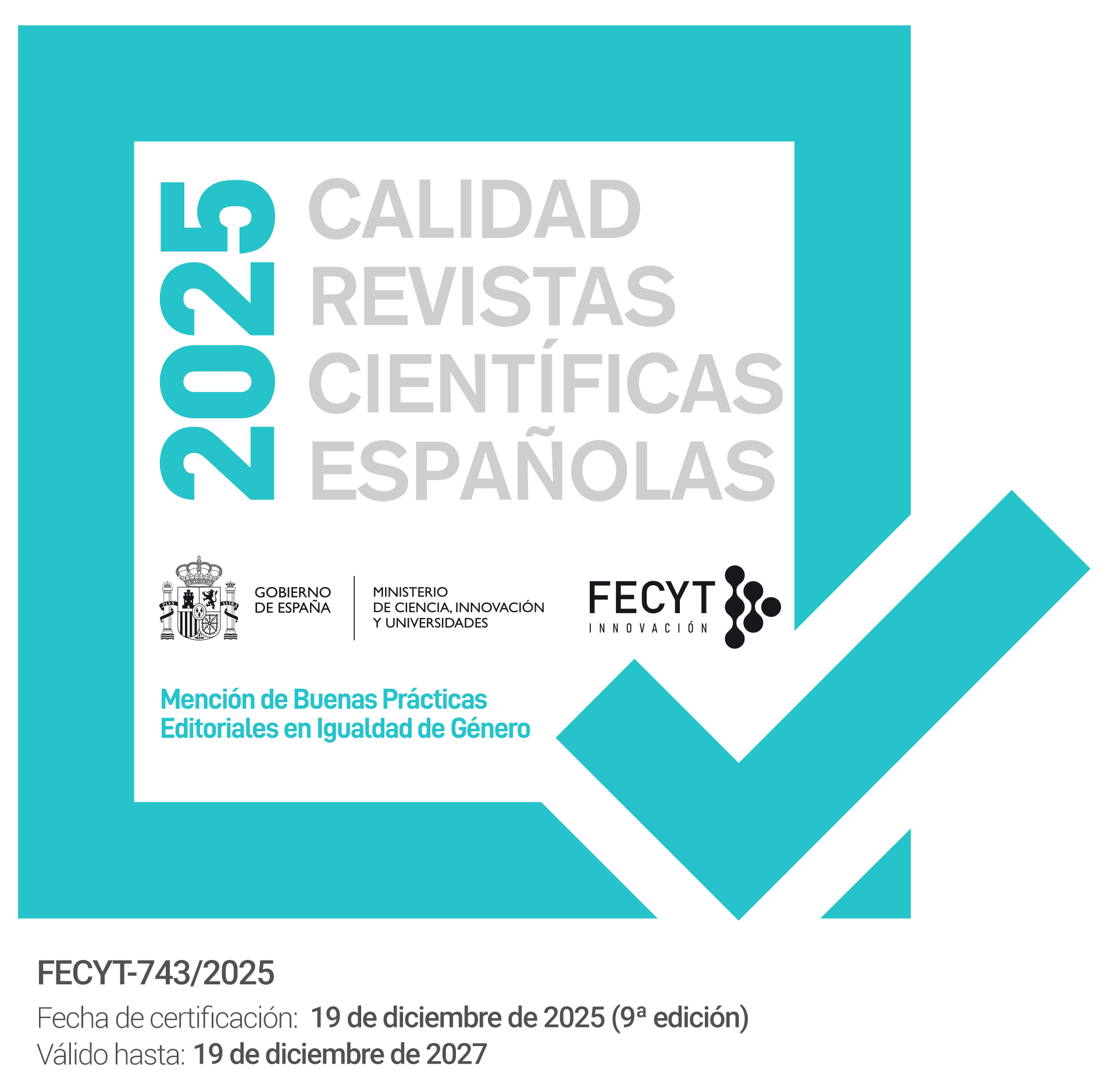Citizenship education, heritage and memory in the teaching of history: case study and action research in the initial training of High School Education teachers
DOI:
https://doi.org/10.17398/2531-0968.08.172Keywords:
didactics of history, citizenship education, heritage education, memory and history, initial teacher trainingAbstract
Considering the relevance that education for a democratic citizenship should have in the teaching of history, we have developed an educational innovation project aimed at Social Sciences teachers of High School Education in initial training and focused on the critical inclusion of controversial issues in Social Sciences curriculum for that educational level. Within the project, and within the Master's Degree in Teacher Training in High School Education (MAES) at the University of Huelva, we have designed and put into practice a proposal for teacher training on controversial issues in the academic year 2018-2019; focusing on the Valley of the Fallen as an example of anti-heritage. Based on an interpretive paradigm, we develop a case study whose registration is made by audio and video and SWOT and CAME analysis. Among the results of this research, we highlight that heritage, more specifically what we have called anti-heritage is, by definition, a source of debate that allows us to approach heritage education from a critical approach and connected with education for a democratic citizenship. Furthermore, although there is no single position regarding the way to include controversy in the classroom, its potential is recognized in relation to a heritage that acts as a trace or testimony of memory and that contributes to the construction of critical thinking, basis of democratic debate.
Downloads
Published
Issue
Section
License
Aquellos autores/as que tengan publicaciones con esta revista, aceptan los términos siguientes:
- Los autores/as conservarán sus derechos de autoría y garantizarán a la revista el derecho de primera publicación de su obra, el cual estará simultáneamente sujeto a la Licencia de reconocimiento de Creative Commons 4.0 BY-NC-SA que permite a terceros compartir la obra siempre que se indique su autor y su primera publicación en esta revista.
- Los autores/as podrán adoptar otros acuerdos de licencia no exclusiva de distribución de la versión de la obra publicada (p. ej.: depositarla en un archivo telemático institucional o publicarla en un volumen monográfico) siempre que se indique la publicación inicial en esta revista.
- Se permite y recomienda a los autores/as difundir su obra a través de Internet (p. ej.: en archivos telemáticos institucionales o en su página web) antes y durante el proceso de envío, lo cual puede producir intercambios interesantes y aumentar las citas de la obra publicada. (Véase El efecto del acceso abierto).
- Los autores y autoras han respetado la política de autoría de esta revista.








